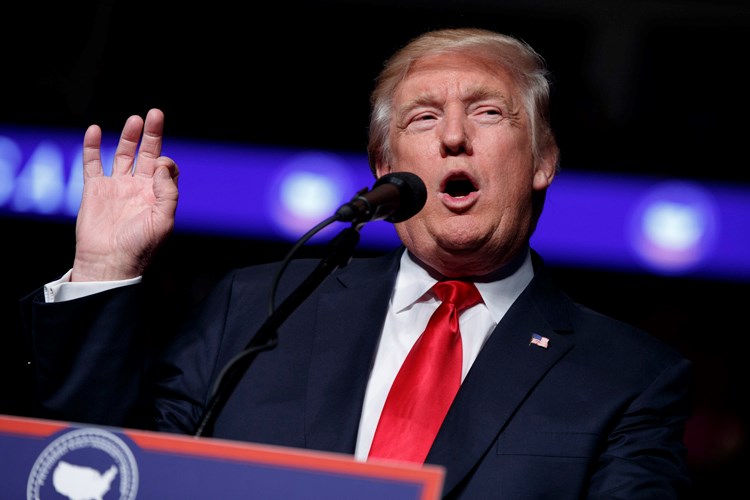Prince George city council voted to change its procurement practices to prioritize local suppliers when items are below a value of $75,000 at its Monday, May 5 city council meeting.
Director of finance and IT services Kris Dalio said tariffs have been announced, postponed, implemented and retracted since administration was directed to prepare a report on potential procurement responses to American tariffs back in March.
A report prepared by city staff suggested three potential courses of action:
- Change the city’s procurement practices to favour Canadian supplies when purchases are below the threshold of any trade agreements the city is subject to, when it is practical to do so,
- Direct administration to get legal advice on writing new procurement policies that would restrict U.S. suppliers from bidding on formal procurement opportunities and
- Continue to operate as normal since the landscape surrounding the tariffs seems to change on an almost-daily basis.
Option 1 states that U.S. suppliers should only be restricted when it is practical as some items relating to fire services, IT services, event housing and project delivery would be difficult to find elsewhere.
He said Option 1 is lower risk than the second because these items would cost $75,000 or less due to trade agreements and would limit the city’s financial risk but would violate some fundamental procurement practices.
The more you restrict your procurement, Dalio said, the more you’re likely to pay.
Option 2 states that there could be a legal risk in blocking U.S. suppliers and administration does not recommend it. If potential bidders feel that the city is engaging in unfair practices, they could take the city to court.
Dalio emphasized that he did not recommend option two at all. If the city went this route, he said it would have to be completely transparent with the changes to its procurement practices to make sure that they aren’t perceived as an attempt to influence an international dispute.
Option 3, administration’s recommended route, is to continue to proceed as normal given the complexity and constantly changing circumstances of the situation.
Coun. Trudy Klassen said she was glad one of the recommendations was to stay the course. She said that after discussions at the recent Minerals North conference in the city, she believes Canada’s best route is to strengthen its position against the United States.
She moved for the city to adopt the third route.
Coun. Brian Skakun brought up U.S. President Donald Trump’s threats to annex Canada and to impose tariffs on foreign film productions.
He referenced a similar report from city staff in Kelowna recommending that they do not exclude U.S. suppliers from their procurement practices despite there being a limited number of purchases from the U.S.
Coun. Ron Polillo said when council first went down this road, they wanted to be able to do something in response to the situation.
He advocated for option one, calling its reasonable, practical and low risk.
Coun. Tim Bennett said we live in crazy times for developing economic policy, adding he was screaming at his TV when he saw a news report saying that Trump expressed confusion over why Prime Minister Mark Carney was about to visit him in Washington, D.C.
Coun. Kyle Sampson said he had similar thoughts to Polillo and Bennett, wanting to take a stand. However, he said he read the report and was preparing a motion allowing the city to be flexible while still prioritizing procurement from Canada and allied nations within reason.
He said he would vote against Option 3 because he wanted the city to take a more active approach.
Coun. Cori Ramsay said she was also looking for the city to take a more active approach. Before the tariff issue emerged, she said she had been asked by some local suppliers why the city appeared to be supporting Vancouver-area businesses over local ones in some circumstances.
Doing nothing in response, she said, didn’t go far enough. In some cases, she said projects have come in under budget and she would like the city to consider spending a little more if it would strengthen the local economy.
Coun. Garth Frizzell said wants the city to send a message but questioned at what expense it would be given how quickly things could change. He supported Option 3.
Coun. Susan Scott, chairing the meeting as acting mayor, said she opposed Option 3 because she thought the city could do more.
The motion was defeated by a margin of five to three, with Frizzell, Skakun and Klassen voting in favour.
With some help from Dalio, Sampson moved for Option 1 to be adopted, adding the prioritization of suppliers in this order of preference: Prince George-based, regional, provincial, national and international.
It passed unanimously.






